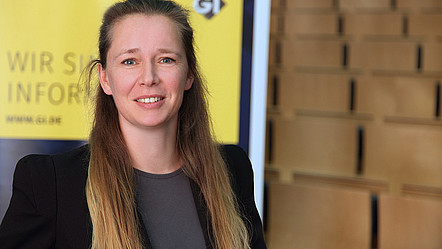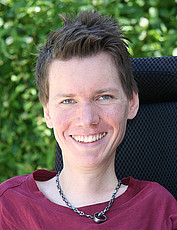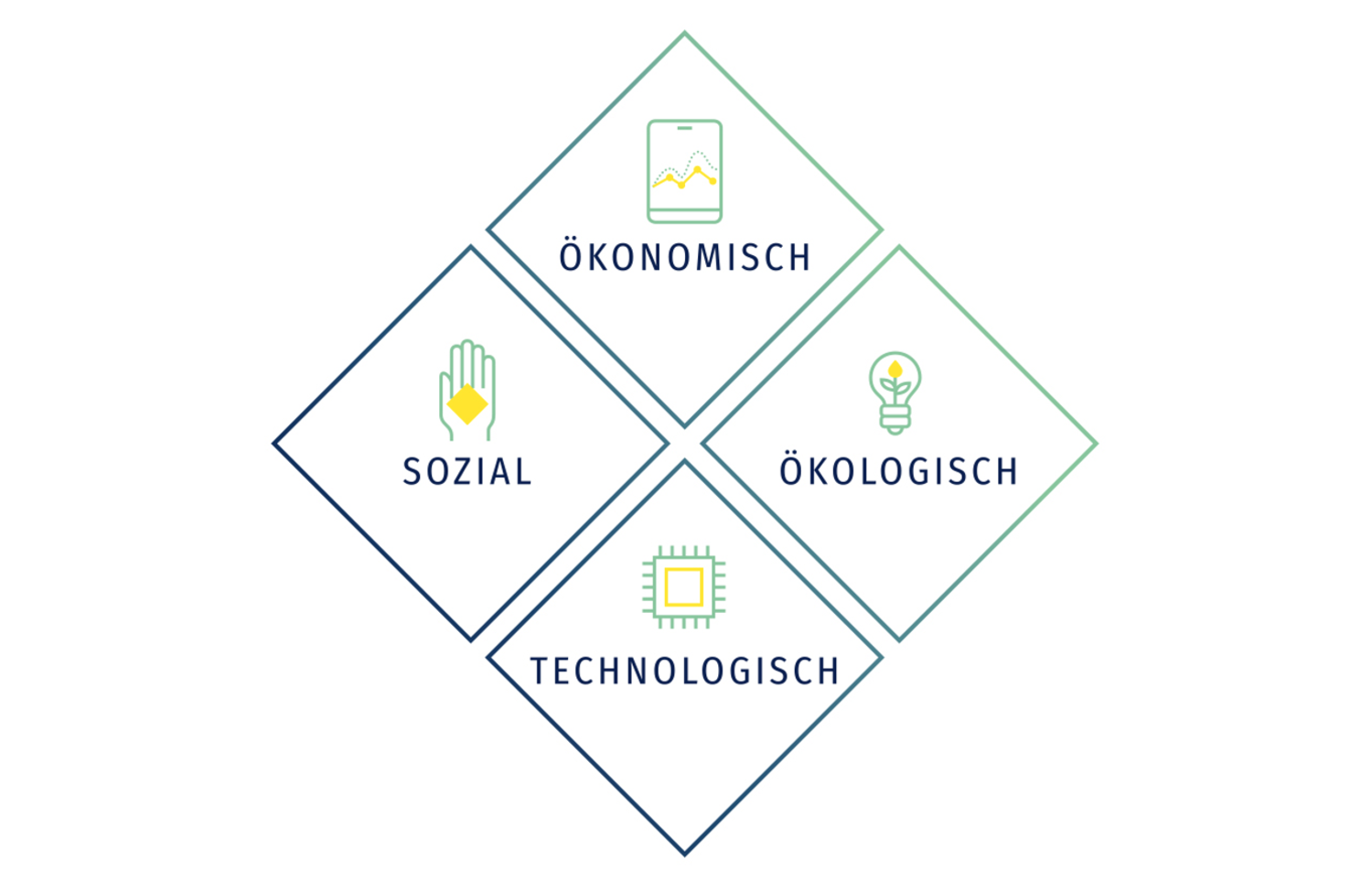INFORMATIK 2021 – Computer Science and Sustainability
The Executive Board of the Gesellschaft für Informatik (GI) wants to bring sustainability issues even more into focus for the entire association's work. As a prelude to a more comprehensive process, the next annual conference, "INFORMATIK 2021" in Berlin, will therefore be held under the guiding theme "Informatics and Sustainability". A contribution by Ulrike Lucke, Vice President GI.
“Fridays for Future” has brought climate change increasingly into public awareness. Yet questions of sustainability have been the focus of science for a long time. Politicians and industry have also recognized the need for action. However, sustainability requires a much broader perspective than climate protection. This show, for example, the United Nations' 17 Sustainable Development Goals, particularly in the context of digitization. Digitization - and thus its reference science: computer science - is an important component of the solution on our way to achieving the sustainability and climate goals. Without intelligent solutions, without computer science and its concepts, the sustainability goals will not be achievable. At the same time, digitization is also part of the problem, because the increasing digital interconnection requires enormous resources. This includes both energy (for example to operate infrastructures) and raw materials (to manufacture the hardware components).
Sustainability in the GI
In the Computer Informatics Society (GI), sustainability considerations have played an important role for a very long time. As early as 1986, a group of motivated scientists interested in environmental protection formed and used digital technologies to obtain and share environmental information. After a first symposium in Karlsruhe, a pioneer group was founded in the GI in 1987: The specialist group "Informatics for Environmental Protection". Shortly thereafter, further working groups were formed, among others, on environmental databases, environmental impact assessments and on the visualization of environmental information. Today, the expert committee "Environmental Informatics" deals with all current technical questions related to the use of informatics in the fields of information processing for environmental protection, environmental planning, environmental remediation and environmental research as well as with the use of state-of-the-art communication methods.
The Executive Board of the Gesellschaft für Informatik (GI) wants to bring sustainability issues even more into focus for the entire association's work. As a prelude to a more comprehensive process, the next annual conference, "INFORMATIK 2021" in Berlin, will therefore be held under the guiding theme "Informatics and Sustainability". Together with the Expert Committee "Environmental Informatics", the Artificial Intelligence Division and other GI-groups, sustainability issues are to be discussed across the whole spectrum of computer science.
Four fields of action in informatics
In line with the UN Sustainable Development Goals, the ecological aspects in the context of digitization are only one dimension that we, as a professional association, want to focus on in general and specifically with regard to "INFORMATIK 2021". Nature and climate protection as well as the sustainable use of resources represent an important core concern. We ask: What solutions does informatics offer for urgent environmental and nature conservation issues? How can resources be used more efficiently with digital tools? This has been the focus of the GI Expert Committee "Environmental Informatics” for more than 30 years.
At the same time, the question of how to reduce the climate effects of increasing digitization will become increasingly important in the future. This brings us to the second dimension: the technological one. The operation of data centers, for example, currently accounts for a significant proportion of energy consumption. Training a complex AI system for image recognition, for example, can release as much CO2 as five passenger cars over the course of their entire lifetimes. At the GI’s annual conference INFORMATIK 2021, one of the questions we want to address is how to design more resource-efficient algorithms, architectures and informatics systems. Can "sustainability by design" become a fundamental principle of software systems’ development? How can research data from computer science be efficiently reused decades from now?
In addition, from a sustainability perspective, digitization also has a social and an economic dimension. How will our work change as a result of digitization, how will we shape the working world of the future, and what demands will this place on the information systems that support these structures? What must good education look like in and for the digitally networked world, and how must our education system change in the post-Corona era? What governance structures are needed in the Internet of the future or in the use of artificial intelligence?
Is there a need for new ethics in the digital world, what can regulation look like and what role must computer science play in this? Should the GI develop curricular recommendations for green coding and how can these look like?
We want to discuss all these questions and many more together with you at "INFORMATIK 2021": in September 2021, in Berlin and online. We hope that the GI’s 51st annual conference will not only build on the 50 successful previous events, but also mark a new dawn towards anchoring sustainability aspects in the heart of computer science.
Contact
Wolfram Wingerath, Data Engineer at Baqend |
Wolle did his PhD on real-time databases at the University of Hamburg in 2019 and now heads the data engineering team at Baqend where he is responsible for all matters related to data analysis and real-time data processing. Having used speech recognition tools for software development since 2011, Wolle has gathered one decade worth of experience in hands-free coding. Since Wolle is always keen to see new faces and because he likes to exchange ideas and experiences with others, he frequently speaks at developer and research conferences to present the things he cares about. wolle@baqend.com |




